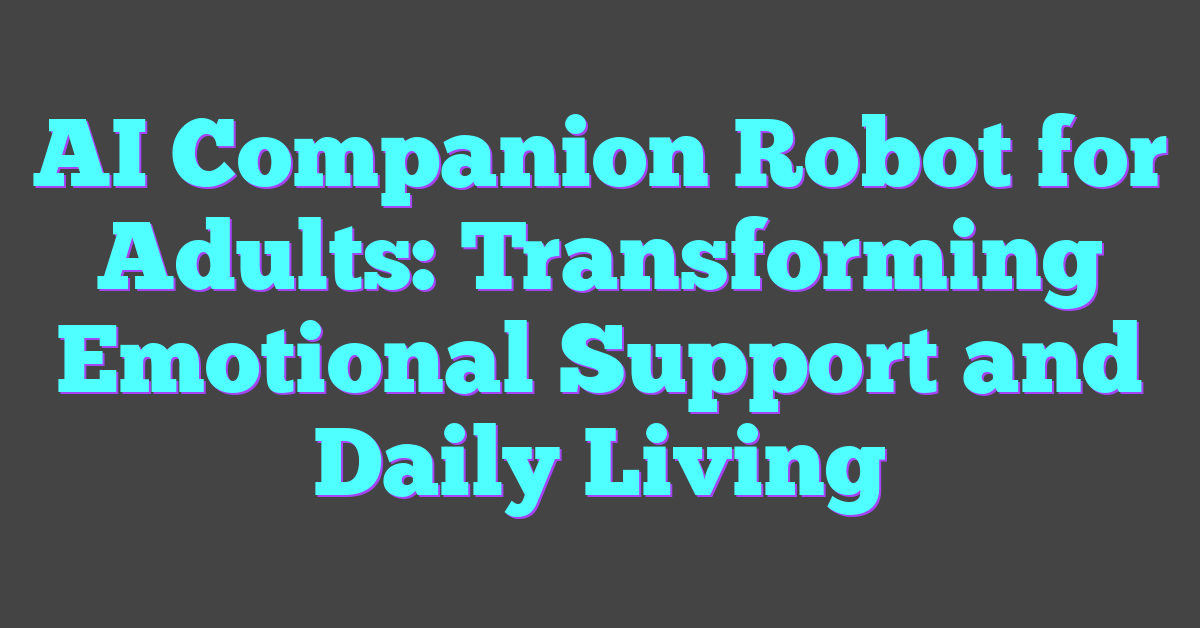Choosing a major is a big decision, and with technology advancing at breakneck speed, many students are eyeing Artificial Intelligence (AI) as a potential path. But is AI a good major? It’s a question worth exploring, especially given the growing influence of AI in various industries.
AI isn’t just about robots and futuristic gadgets; it’s about creating systems that can learn, adapt, and make decisions. From healthcare to finance, AI’s applications are vast and continually expanding. For those with a knack for problem-solving and a passion for innovation, majoring in AI could open doors to exciting and well-paying careers.
Understanding AI as an Academic Discipline
Exploring artificial intelligence (AI) as an academic discipline involves delving into a multifaceted field with rich historical roots and contemporary relevance. This section unpacks fundamental aspects of AI, including its definition and evolution.

What Is AI?
AI refers to the simulation of human intelligence in machines designed to think and act like humans. It includes subfields like machine learning, natural language processing, and robotics. AI systems decipher patterns within data to perform tasks like speech recognition (e.g., Siri), image analysis (e.g., facial recognition systems), and decision-making processes (e.g., recommendation algorithms).
History and Evolution of AI
The study of AI began in the 1950s. Pioneers like Alan Turing and John McCarthy laid theoretical foundations. The initial goal was to create machines capable of human-like reasoning. Over decades, AI evolved through phases marked by heightened optimism and setbacks, often called “AI winters.”
In the 1990s-2000s, AI research surged due to advances in computational power, improved algorithms, and extensive data availability. Breakthroughs in machine learning led to applications such as autonomous vehicles and sophisticated language models (e.g., OpenAI’s GPT-3).
Current trends in AI focus on deep learning—a subset of machine learning using neural networks. These methods enable significant advancements in fields like healthcare diagnostics, financial modeling, and personalized content delivery. As AI continues progressing, academic programs are adapting to prepare students for emerging challenges and opportunities in the field.
Benefits of Studying AI
Studying Artificial Intelligence (AI) opens numerous doors for students interested in technology and machine learning. AI is a rapidly expanding field with many advantages for those who decide to pursue it as a major.
Career Prospects in AI
By choosing AI as a major, students tap into a market with high demand for skilled professionals. The Bureau of Labor Statistics projects that jobs in computer and information technology will grow by 11% from 2019 to 2029, much faster than the average for all occupations. AI specialist roles include data scientists, machine learning engineers, and AI researchers, with companies like Google, Microsoft, and Amazon actively seeking talent. Competitive salaries follow this high demand, with the median annual wage for computer and information research scientists at $126,830 as of May 2020.
Impact of AI on Society
AI impacts various sectors of society, transforming industries and improving daily life. In healthcare, AI algorithms assist in diagnosing diseases, predicting patient outcomes, and optimizing treatment plans. Autonomous vehicles, driven by AI, aim to reduce accidents and improve transportation efficiency. In education, AI-powered tools personalize learning experiences for students, enhancing engagement and outcomes. This societal impact makes studying AI not only a career choice with strong prospects but also an opportunity to contribute meaningfully to technological progress and humanitarian goals.
Challenges in Pursuing an AI Major
Academic Rigor and Prerequisites
Pursuing an AI major involves a high level of academic rigor. Students must master advanced mathematics, including calculus, linear algebra, and statistics. These subjects form the backbone of algorithms and machine learning models. Additionally, programming skills are crucial; languages like Python and R are frequently used. Courses in data structures, algorithms, and computer architecture are fundamental for understanding AI’s computational aspects. Since AI encompasses various subfields such as natural language processing (NLP) and computer vision, knowledge of these areas is essential. Educational programs often include extensive projects, requiring students to apply their theoretical knowledge to real-world problems.
Ethical Considerations and Controversies
Ethical considerations represent a significant challenge in the AI field. Bias in AI algorithms poses a critical issue; models may inadvertently reflect societal biases present in training data. Ensuring fairness requires ongoing scrutiny and corrective measures. Privacy concerns are another major topic, especially with the increasing use of big data. Protecting user data while leveraging it for AI applications is a delicate balance. Autonomous systems, such as self-driving cars, pose ethical dilemmas about decision-making in life-and-death situations. Controversies also arise around the potential for job displacement due to automation, necessitating discussions on the socio-economic impact of AI advancements.
Comparing AI With Other Tech Majors
When deciding between majors, it’s essential to understand how an AI major compares to other tech disciplines. Each field offers unique opportunities and challenges.
AI vs. Computer Science
AI focuses heavily on creating systems that can perform tasks requiring human intelligence, like natural language processing and computer vision. Computer Science (CS) covers a broader spectrum, including algorithms, data structures, and networks. Students drawn to AI’s specialized, cutting-edge applications may find it more appealing. In contrast, those who prefer a comprehensive understanding of computing concepts may lean towards CS.
AI vs. Data Science
AI aims to build intelligent systems, whereas Data Science involves extracting insights from data using statistical methods and machine learning. Data Science creates value by interpreting data patterns and trends. AI often uses those insights to develop predictive and autonomous systems. Those passionate about creating intelligent applications may prefer AI, while those interested in data-driven decision-making might choose Data Science.
Both majors have high demand in the job market, offering roles in tech giants and startups. Each provides valuable skills, but personal interests in applications and problem-solving approaches will be key factors in choosing the right path.
Conclusion
AI stands out as a compelling major for those fascinated by technology and innovation. Its broad applications and the promise of a dynamic career make it an attractive choice. While challenges and ethical considerations exist, the potential to drive meaningful change and solve complex problems is immense. Ultimately, the decision to major in AI should align with one’s passion and long-term goals. Whether they choose AI, Computer Science, or Data Science, the future looks bright for those ready to embrace the tech world.
Frequently Asked Questions
What is the significance of selecting a major in Artificial Intelligence (AI)?
Choosing a major in AI is significant due to its problem-solving capabilities and broad application across industries. It encompasses areas like machine learning and robotics, making it a versatile and forward-thinking field with numerous career opportunities.
What does the study of AI involve?
Studying AI involves learning about machine learning, robotics, and the development of adaptable systems. It also covers the historical progression of AI and its applications in various sectors.
How has AI developed over time?
AI has evolved from early pioneering work to advanced deep learning techniques. Historical milestones include foundational research in machine learning and significant modern advancements that have broadened AI’s applications.
What are the career opportunities in AI?
Career opportunities in AI are vast and growing, including roles like AI engineer, data scientist, and machine learning specialist. AI expertise is in high demand across numerous industries.
How does AI compare to other tech majors like Computer Science and Data Science?
AI focuses on developing intelligent systems, while Computer Science covers a broader range of computing topics. Data Science emphasizes extracting insights from data. Each field offers unique career paths and should be chosen based on personal interests.
What are the benefits of studying AI?
Studying AI offers numerous benefits, including high demand in the job market, the ability to work on groundbreaking technologies, and significant societal impact through innovative solutions.
What are the challenges of pursuing an AI major?
Challenges include the rigorous and complex nature of the coursework, the need for strong mathematical foundation, and staying updated with continuous advancements in AI technology.
What ethical considerations are associated with AI?
Ethical considerations in AI involve issues like bias in algorithms, privacy concerns, and the societal impact of AI decisions. It’s crucial for AI professionals to address these ethical challenges proactively.
Why is ongoing scrutiny of AI advancements necessary?
Ongoing scrutiny is essential to ensure responsible development and deployment of AI. This includes addressing ethical concerns, ensuring fairness, and mitigating any negative societal impacts.




